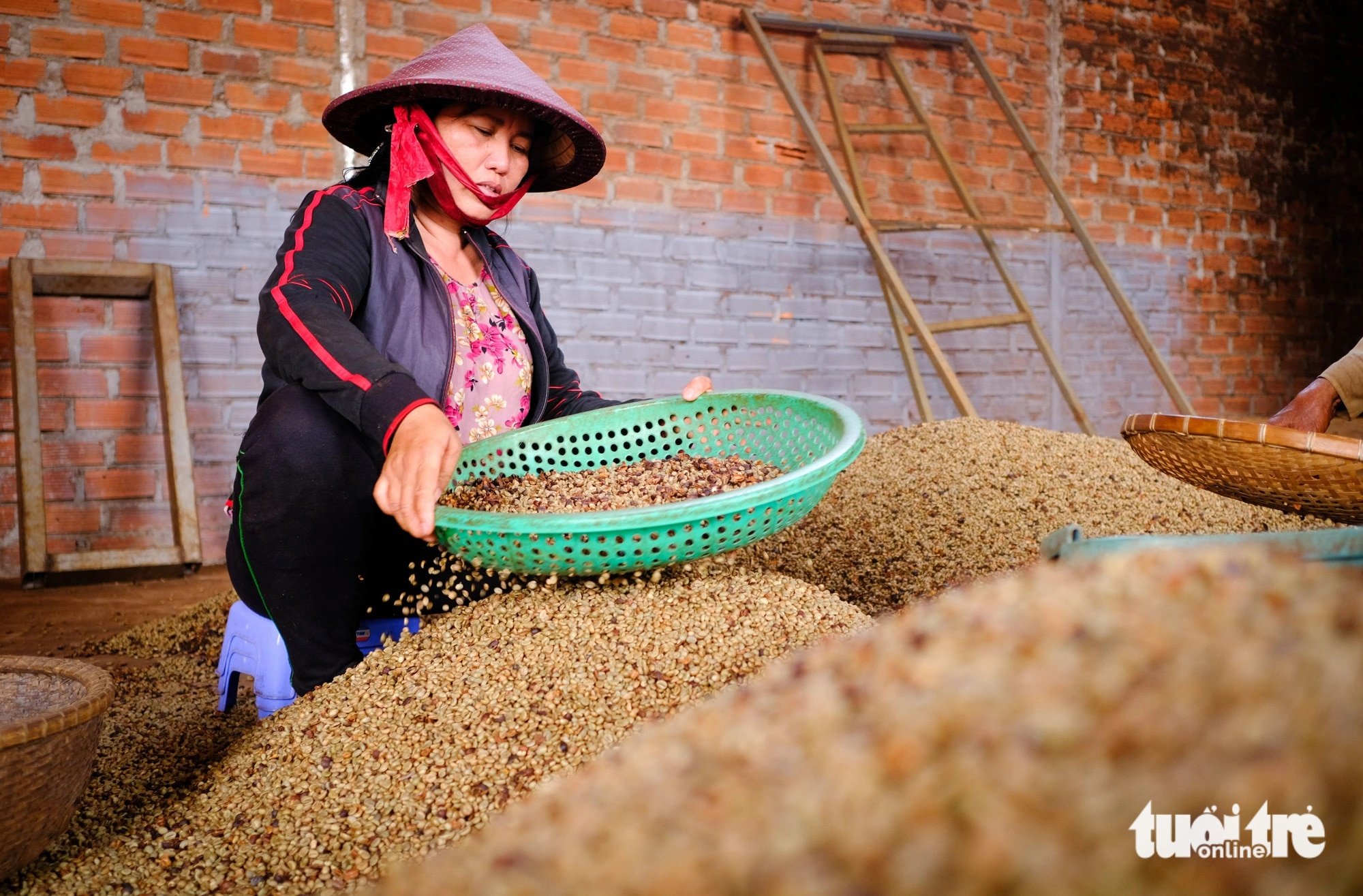
Gia Lai farmers mill coffee beans to sell to agents in the 2023-2024 crop year - Photo: TAN LUC
On November 4, the Department of Industry and Trade of Gia Lai province and Saigon Invest Commodity Trading Joint Stock Company organized a workshop on "Preventing coffee price risks and methods of buying and selling coffee on the commodity exchange".
Vietnamese coffee prices depend on London exchange
At the conference, Mr. Doan Ngoc Co - Deputy Director of the Department of Agriculture and Rural Development of Gia Lai province - said that this province has 105,000 hectares of coffee. The export value in 2023 reached nearly 500 million USD and in 2024, up to this point, it has exceeded 650 million USD.
Gia Lai is aiming to develop specialty coffee and comply with EU anti-deforestation regulations to facilitate exports to markets.
Mr. Co assessed that the commodity exchange is a good direction for developing the coffee industry, bringing benefits to farmers, cooperatives and parties participating in the coffee industry.
In fact, coffee prices often fluctuate erratically due to many factors such as weather, supply and demand, policies, etc., making it difficult for growers to predict prices and plan production, leading to unstable income.
According to Saigon Invest Commodity Trading Joint Stock Company, leading coffee producing countries have long put coffee on the trading floor such as Brazil, Colombia, Indonesia, Ethiopia...
Vietnam is the world’s largest producer of Robusta coffee, but the coffee is traded by foreign companies on London’s ICE and some Asian exchanges. Since there is no trading floor of its own, the price of Vietnamese coffee is still determined by foreign companies.
Mr. Tran Van Binh - General Director of Saigon Invest Commodity Trading Joint Stock Company - said that with its position as a leading exporting country, Vietnam needs to establish a coffee trading floor to serve as a reference price for world coffee and be self-sufficient in prices to develop the export market, not allowing foreign enterprises to manipulate coffee prices as they have been doing for a long time.
The establishment of a trading floor will make prices transparent, help farmers access market information, and optimize profits. It will create favorable conditions for trading specialty coffee, increase product value, and attract domestic and foreign investors.
Mr. Binh believes that putting coffee on the stock exchange will solve the problem of premature trading, price gouging, deposit default, debt default… as in the past.
Overcoming the uncertainties in coffee trading
A representative of a business in the industry, Mr. Nguyen Huynh Phu Lam - Director of Classic Coffee Joint Stock Company (Gia Lai) - said that the coffee industry is currently facing risks when buying from afar and selling from afar due to price fluctuations, especially with the unexpected developments of coffee prices in the past 2 years.
Trading coffee through the floor can overcome this situation, ensuring future transactions take place as committed, ensuring a safe supply for processing and exporting enterprises.
However, for a trading floor to be successful, it must attract people and businesses to participate, and must ensure transaction safety and product quality for all parties.
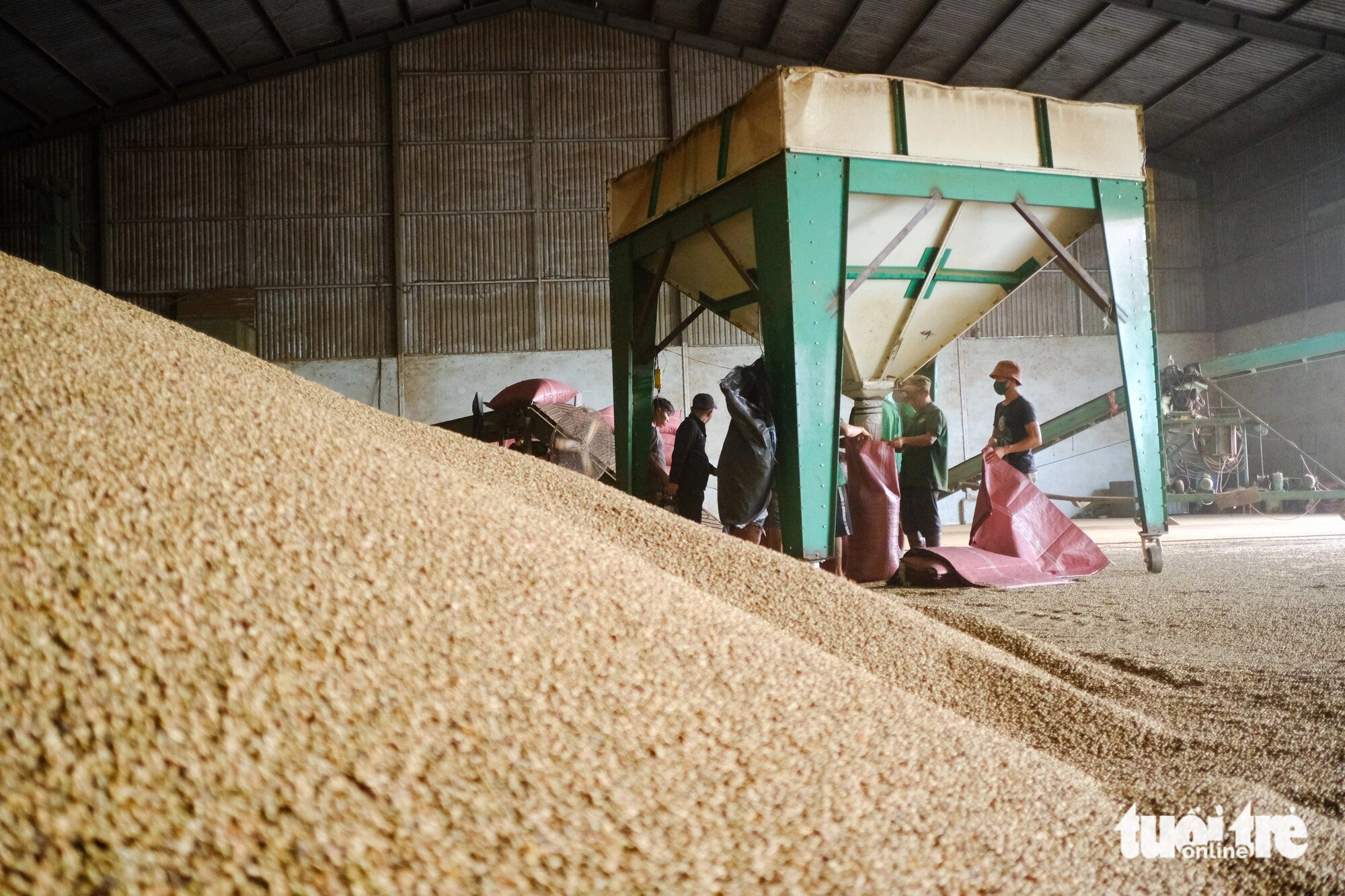
Workers bag coffee beans at the warehouse of a coffee purchasing company in Ia Grai, Gia Lai – Photo: TAN LUC
Meanwhile, Ms. Dao Thi Thu Nguyet - Deputy Director of the Department of Industry and Trade of Gia Lai province - said that when there is a coffee trading floor, people will feel secure in production and will not suffer losses due to the difference in world and domestic prices. From there, the coffee production and export industry will become more professional.
But to bring coffee to the market, according to Ms. Nguyet, it is necessary to closely monitor quality from production to processing and export.
Changing the way farmers think and work
As a long-time employee in the agricultural sector, Mr. Do Thanh Nam - Chairman of Naracuqua Agricultural Products Company - shared that to improve the quality and brand value of agricultural products, it is necessary to change the thinking and working habits of farmers.
Mr. Nam said he had cooperated with a company in Mang Yang (Gia Lai) to support farmers with fertilizer and seeds to grow clean vegetables and fruits. However, when the harvest date approached, the market price was higher than the purchase price, so farmers sprayed pesticides to not meet the purchasing standards and sold them to outsiders for profit.
On the other hand, there is the story of traders abandoning their deposits en masse, leading to the recent price crisis of Vinh Long oranges.
Citing the above two stories, Mr. Nam advised farmers and businesses to keep their word and respect their partners in order to have sustainable and long-term business.



![[Photo] General Secretary To Lam attends the 8th Congress of the Central Public Security Party Committee](https://vphoto.vietnam.vn/thumb/1200x675/vietnam/resource/IMAGE/2025/10/4/79fadf490f674dc483794f2d955f6045)


![[Photo] Bustling Mid-Autumn Festival at the Museum of Ethnology](https://vphoto.vietnam.vn/thumb/1200x675/vietnam/resource/IMAGE/2025/10/4/da8d5927734d4ca58e3eced14bc435a3)
![[Photo] Solemn opening of the 8th Congress of the Central Public Security Party Committee, term 2025-2030](https://vphoto.vietnam.vn/thumb/1200x675/vietnam/resource/IMAGE/2025/10/4/f3b00fb779f44979809441a4dac5c7df)




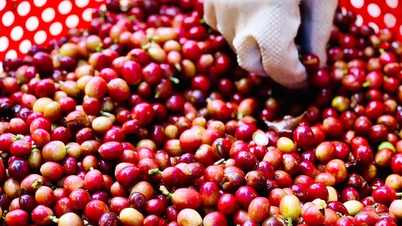




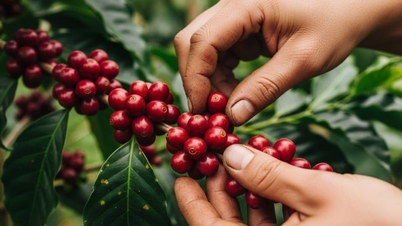

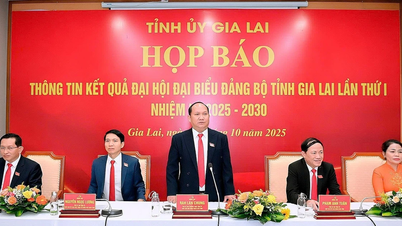
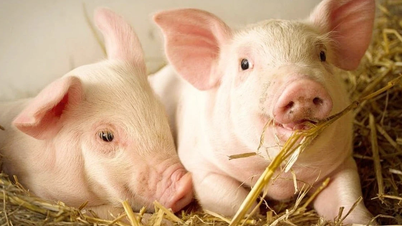

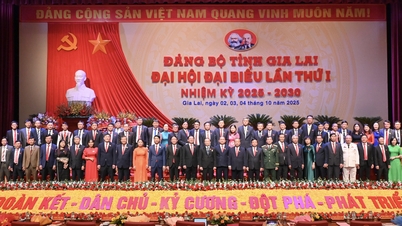
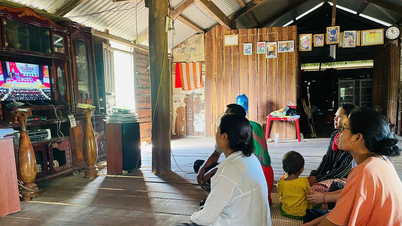






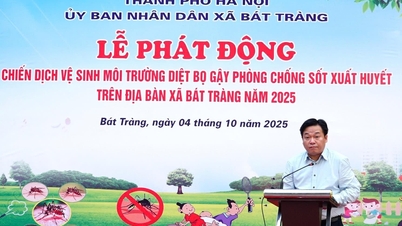


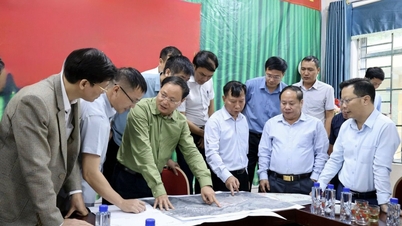


























![[VIDEO] Summary of Petrovietnam's 50th Anniversary Ceremony](https://vphoto.vietnam.vn/thumb/402x226/vietnam/resource/IMAGE/2025/10/4/abe133bdb8114793a16d4fe3e5bd0f12)

![[VIDEO] GENERAL SECRETARY TO LAM AWARDS PETROVIETNAM 8 GOLDEN WORDS: "PIONEER - EXCELLENT - SUSTAINABLE - GLOBAL"](https://vphoto.vietnam.vn/thumb/402x226/vietnam/resource/IMAGE/2025/7/23/c2fdb48863e846cfa9fb8e6ea9cf44e7)



















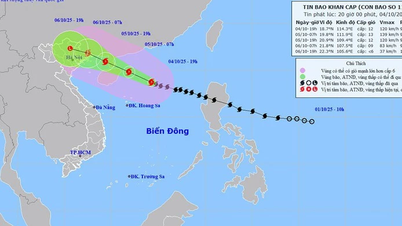

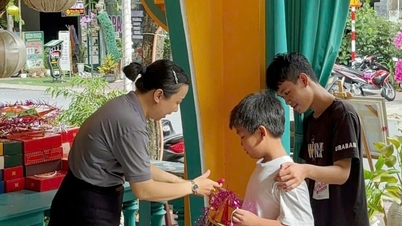











Comment (0)